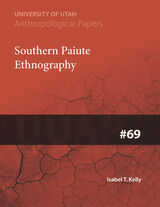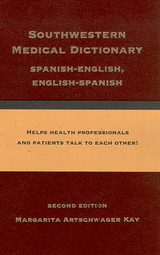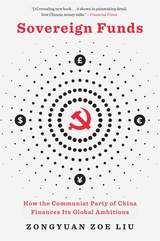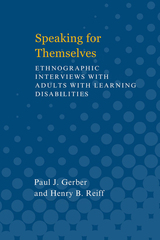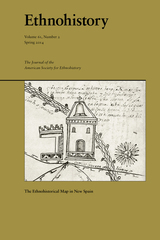
Essays featured in this issue analyze the use of cartography to communicate the urban form of early colonial Mexico City and the application of botanical and protochemical knowledge to make ink for native maps from Oaxaca. Other essays address the representation of ethnicity and space in seventeenth-century Manila, the construction of spatial boundaries through the use of word and image in central Mexico, and the survival of Nahua place names and social ordering in eighteenth-century Mexico City.
Alexander Hidalgo is Assistant Professor of Latin American History at Texas Christian University. John F. López is a Provost’s Postdoctoral Scholar at the University of Chicago.

It includes Heather Dubrow, answering New Historicist accounts of country house ideology, J. Paul Hunter reclaiming attention to eighteenth-century couplet structures, and Garrett Stewart arguing for the comprehensive import of the local syntactic forms in syllepsis in Dickens. Ronald Levao recovers the ethical urgency behind stylistic individuation in Milton; Frances Ferguson reveals the ideology of character within Austen’s free indirect discourse; Franco Moretti traces the history of the clue as formal device in detective fiction; and Robert Kaufman shows how formal dynamics derived from Kant and Adorno animate some of the most disruptive contemporary poetry. The history of formalism is the topic of Catherine Gallagher’s meditation on the dialogue of form and time since Percy Shelley and of Virgil Nemoianu’s account of the political vicissitudes of form in the twentieth century. These wide-ranging critical interventions are introduced by Susan Wolfson’s reflections on form today and by Ellen Rooney’s polemical appeal to cultural theorists not to defeat their purposes by neglecting form.
Contributors. Heather Dubrow, Frances Ferguson, Catherine Gallagher, J. Paul Hunter, Robert Kaufman, Ronald Levao, Franco Moretti, Virgil Nemoianu, Ellen Rooney, Garrett Stewart
READERS
Browse our collection.
PUBLISHERS
See BiblioVault's publisher services.
STUDENT SERVICES
Files for college accessibility offices.
UChicago Accessibility Resources
home | accessibility | search | about | contact us
BiblioVault ® 2001 - 2025
The University of Chicago Press


